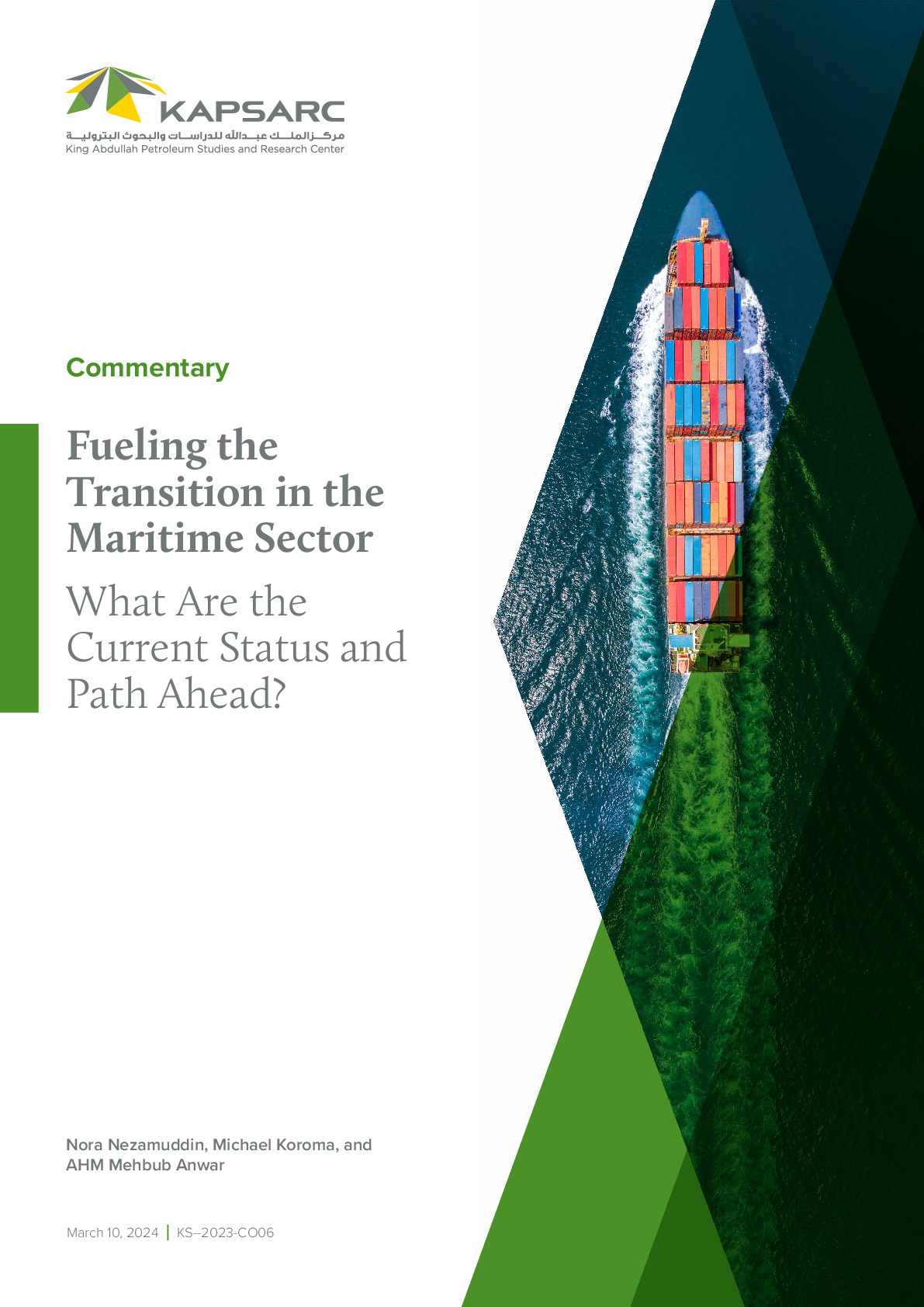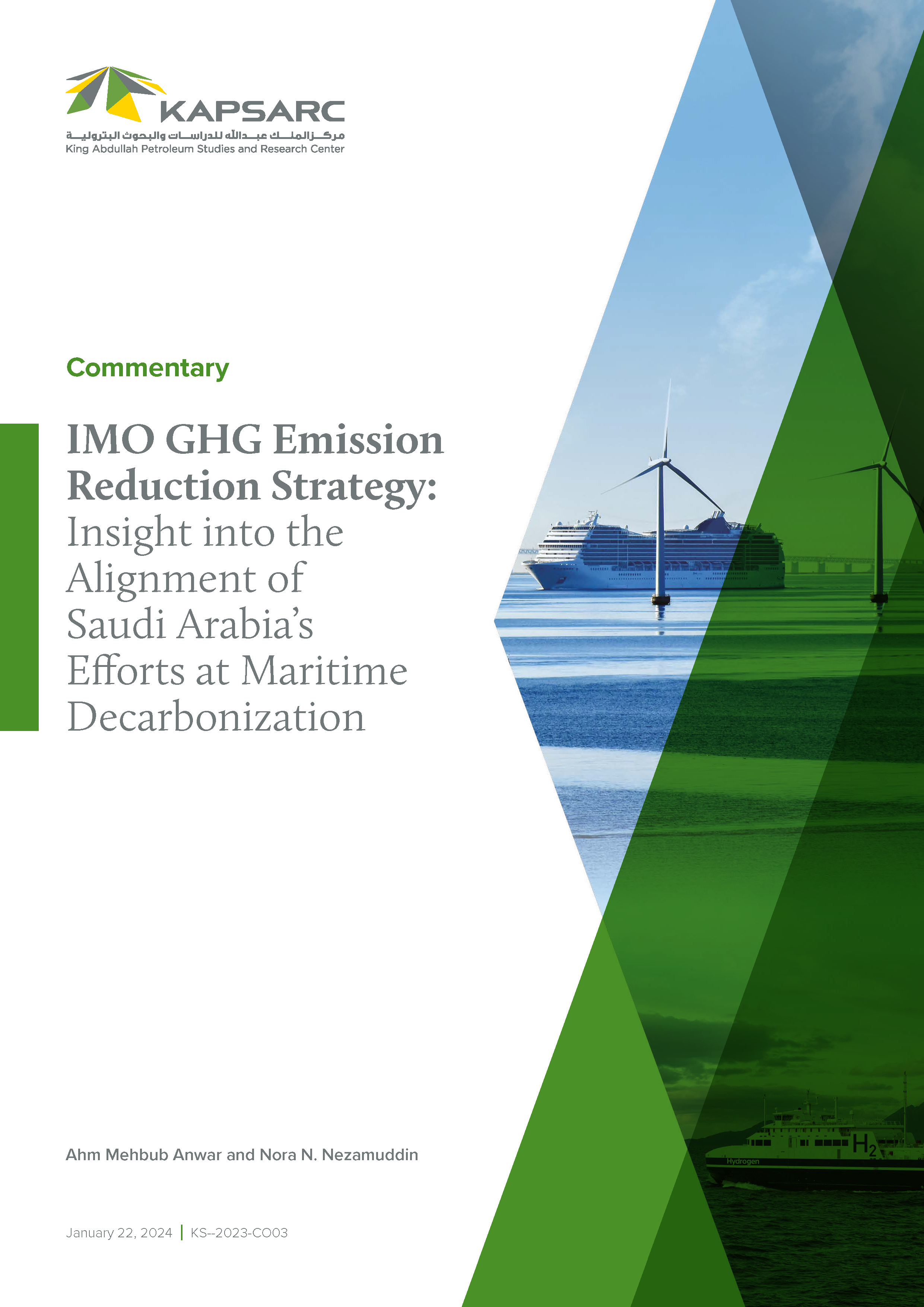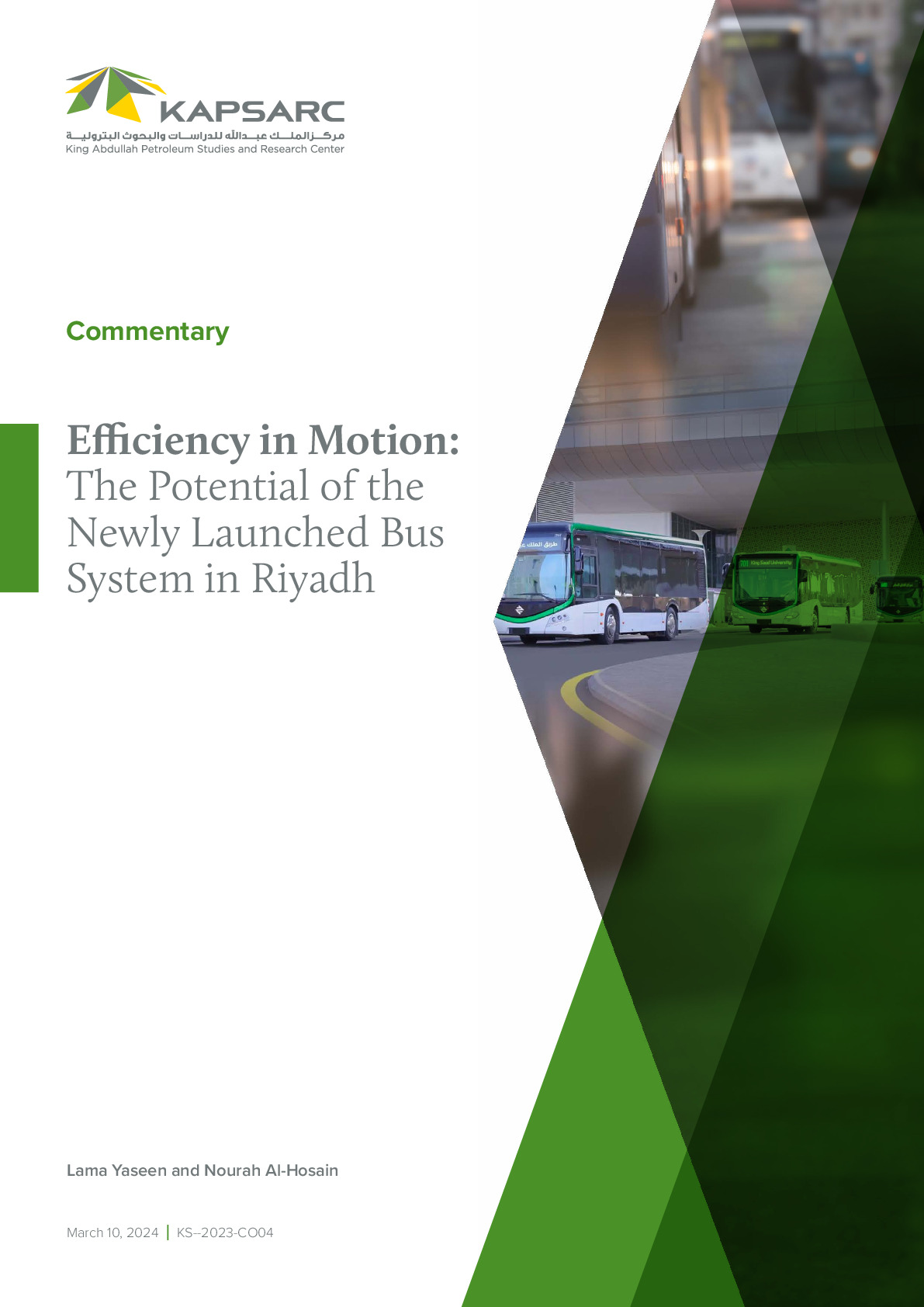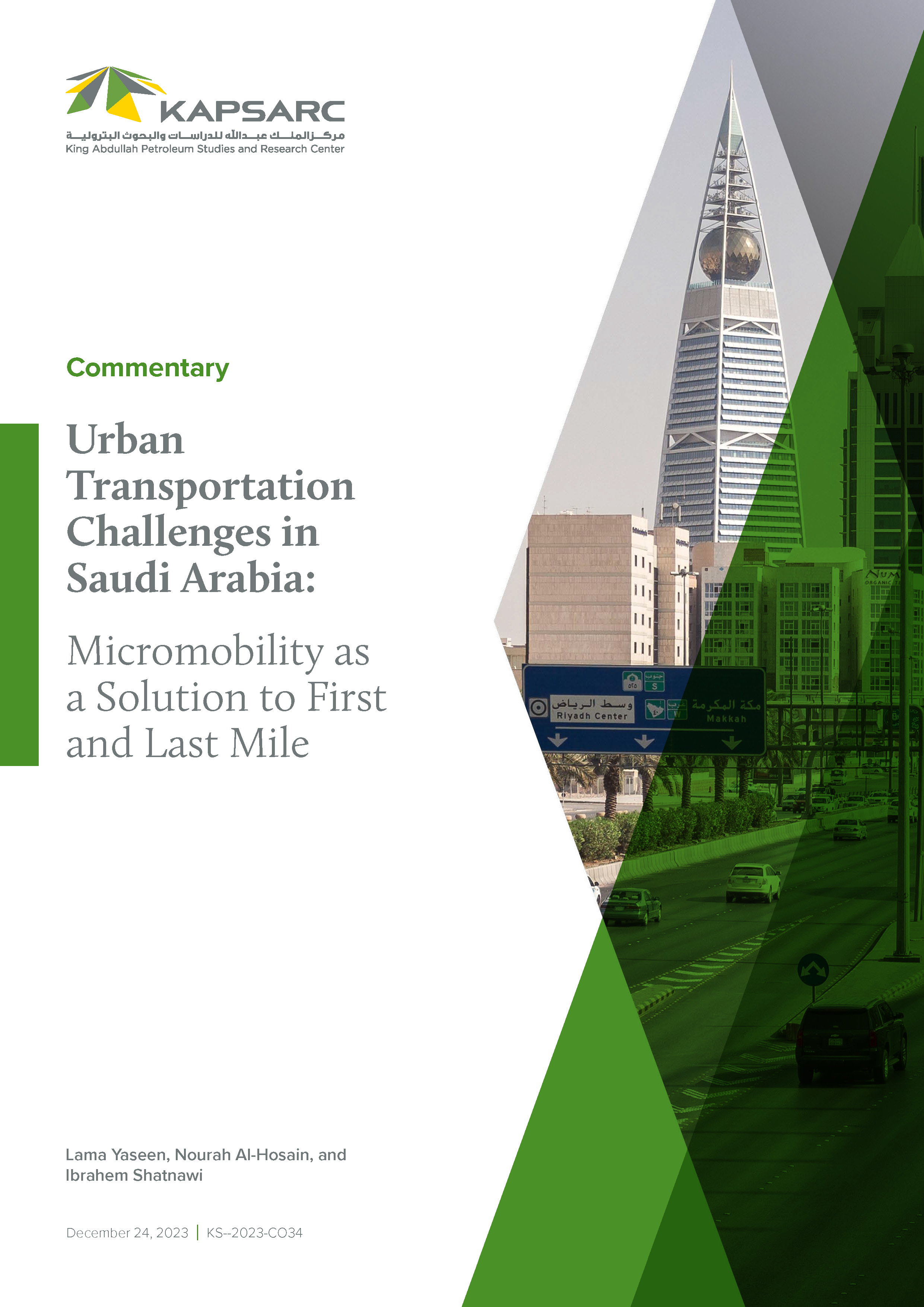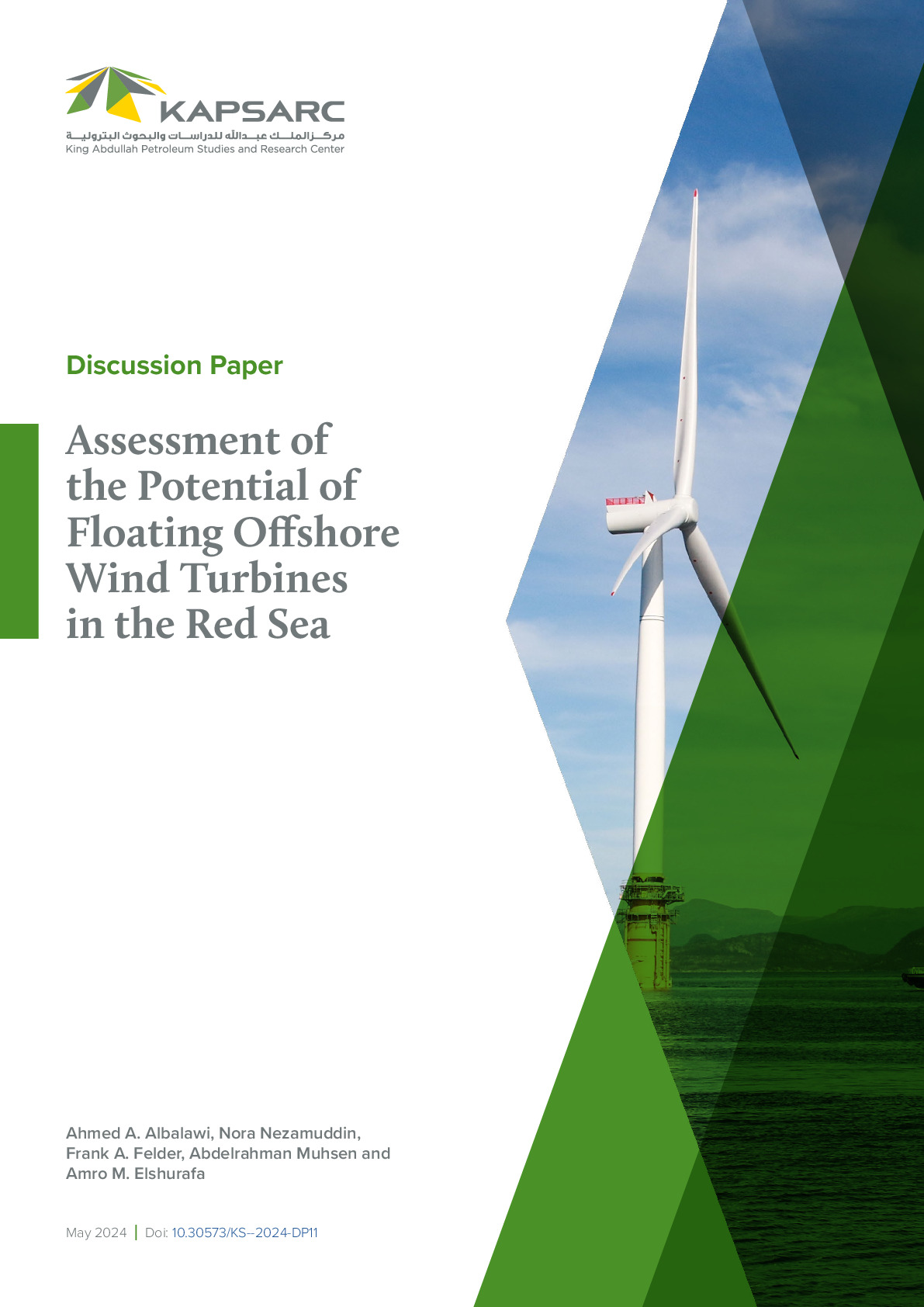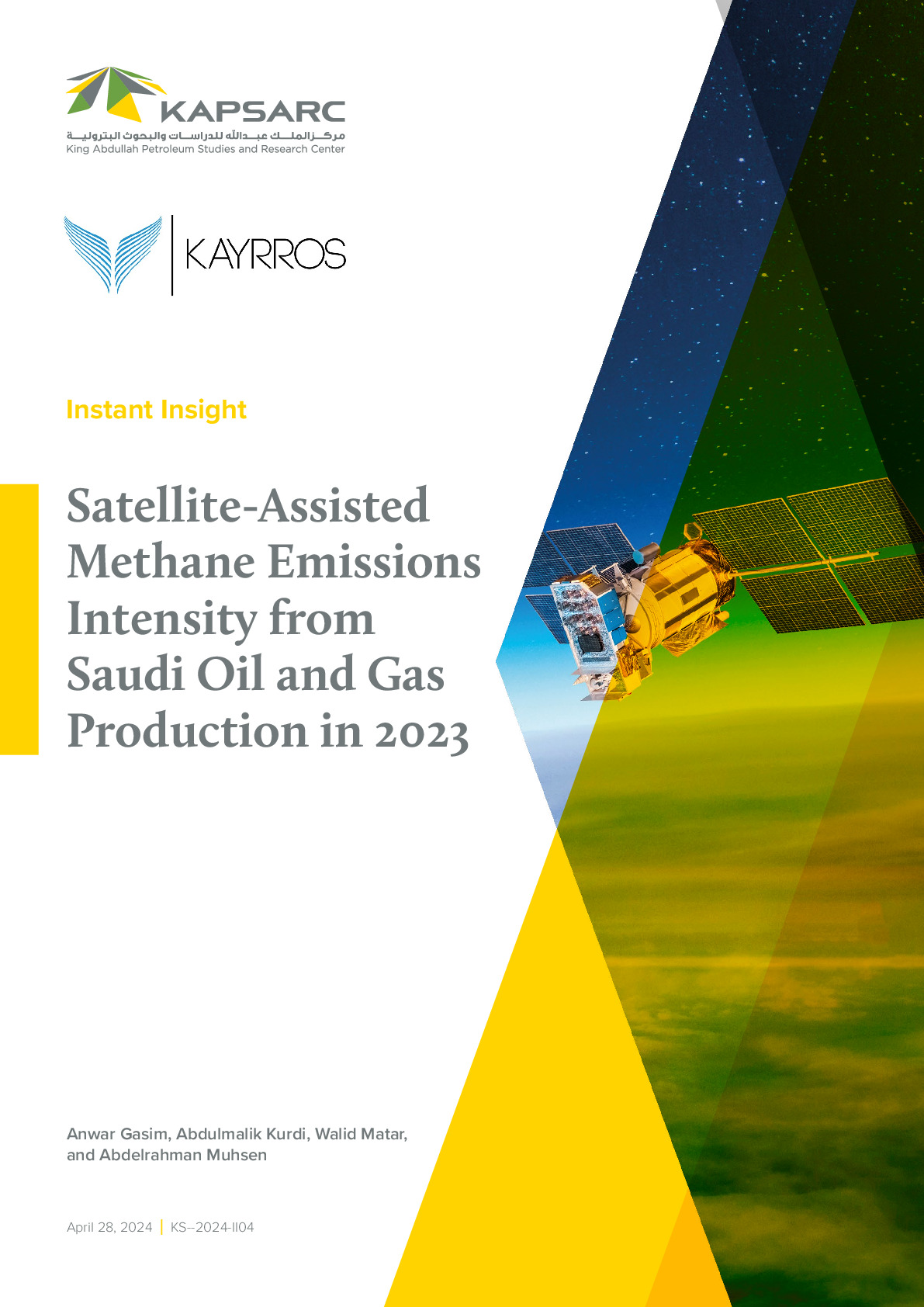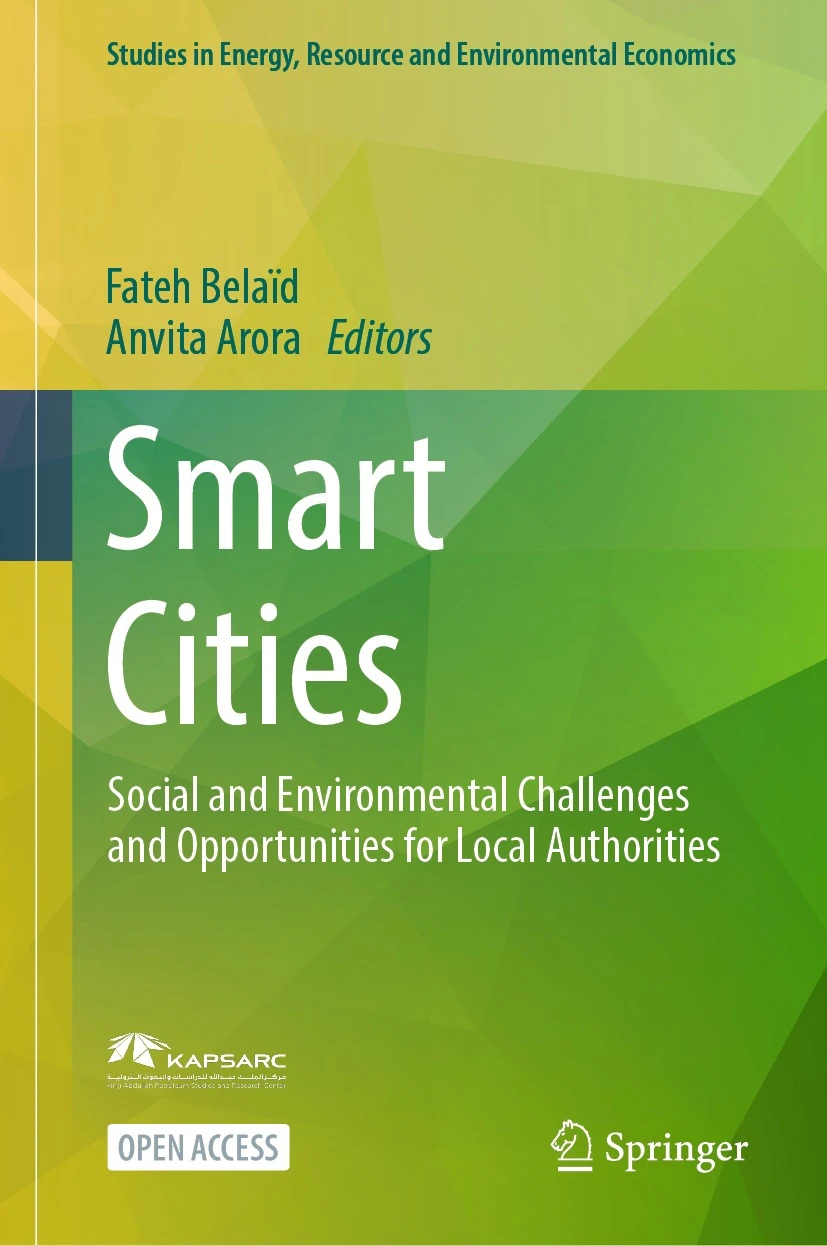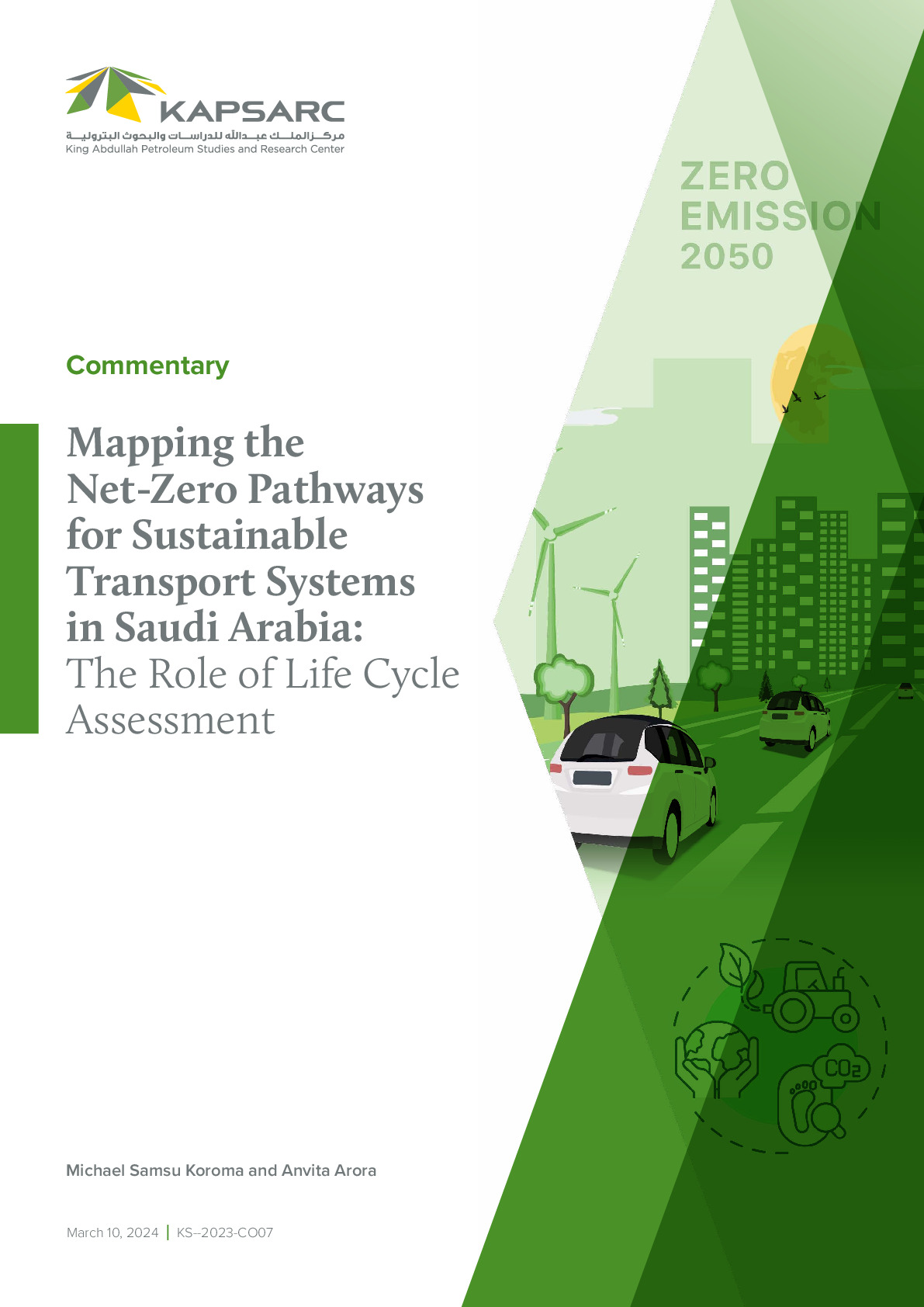Saudi Arabia intends to reduce GHG emissions by 278 million tons of CO2eq annually by 2030 through Nationally Determined Contribution (NDC) to UNFCCC. Among many policies, mass transit system and transit-oriented development are being developed with the expectation to reduce energy consumption and GHG emissions in Riyadh. To what extent such initiative can reduce energy consumption and GHG emission is an important question. In this paper, a methodology to systematically measure the impact of mass transit and transit-oriented development in Riyadh city on the energy demand has been developed. For Riyadh, a comprehensive travel demand model considering the impact of mass transit and transit-oriented development is still missing. To this end, this paper aims to fill the gap. This methodology considers the state-of-the-art in travel demand analysis and the local context by combining traditional four-step model and activity-based model for modal-shift. This paper describes the methodology and its application for Riyadh by analyzing modal-shift only between car and metro. The results suggest that metro can reduce energy consumption, but the reduction varies with varying accessibility, car, and metro situations. At high urban density and higher car travel cost, we may achieve as high as 13% reduction in fuel demand.

Abu Toasin Oakil
Senior Research Associate
Toasin is a senior research associate in KAPSARC’s Transport and Urban Infrastructures program. He is currently focused on the urban…
Toasin is a senior research associate in KAPSARC’s Transport and Urban Infrastructures program. He is currently focused on the urban transformation of Riyadh, and Saudi Arabia more generally. He is working toward developing different decision tools to understand the impact of transit oriented development (TOD) on the energy market, and to evaluate and assess urban policies that relate to sutainable transport and energy consumption. Toasin has worked as a scientific researcher at universities and in public organisations, and as a consultant in the private sector. He holds a Ph.D. in transportation planning from Utrecht University, an M.Sc. in urban planning from the London School of Economics, and a master’s and bachelor’s of urban planning from Bangladesh University of Engineering and Technology. While at university, he received several accolades for his work, including the 2014 Ph.D. Dissertation Award in Transportation Geography from the American Association of Geographers (AAG) and the Prime Minister’s Gold Medal for his academic achievements.


